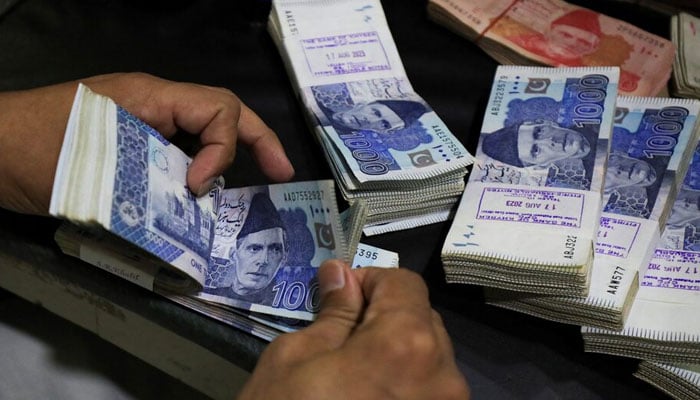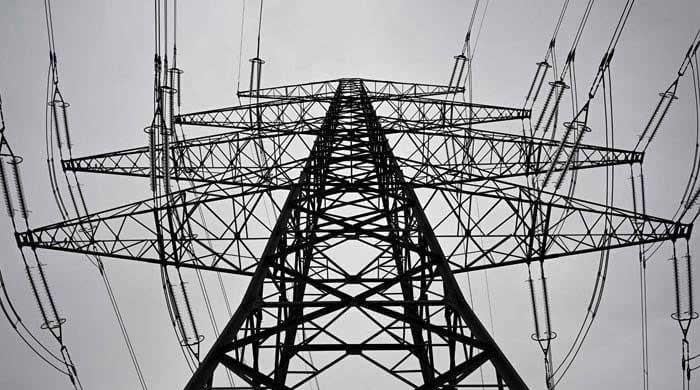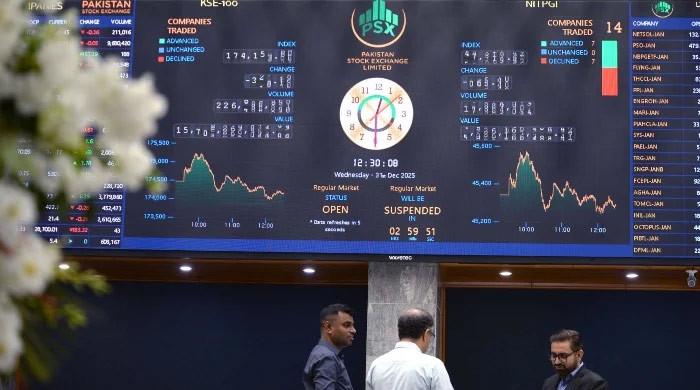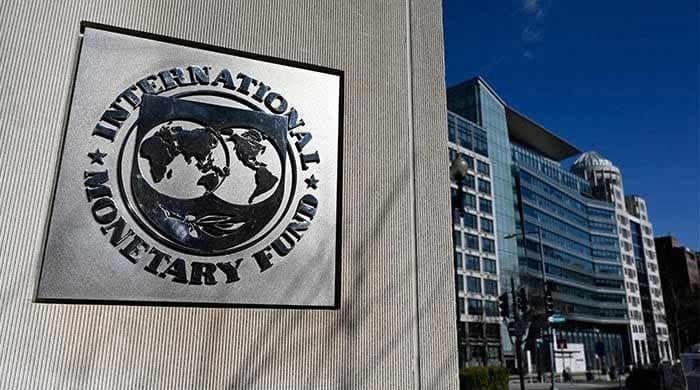Tax evaders siphon off hundreds of billions with impunity, reveals AGP report
Taxpayers found involved in under-reporting, bogus claims, non-filing of returns and concealment of income
July 01, 2025

- 1,026 taxpayers fail to pay super tax costing govt Rs167.9bn.
- 1,084 taxpayers claimed inadmissible business expenses.
- Concealment of income results in Rs54.2bn in unpaid tax.
ISLAMABAD: At a time when Pakistan desperately needs to increase its revenues and broaden its tax base, tax evaders continue to siphon off hundreds of billions of rupees with virtual impunity, while the Federal Board of Revenue (FBR) routinely fails to enforce the law.
This stark picture emerges from the Auditor General of Pakistan's latest report for the fiscal year 2024-25, which has documented tax evasion and enforcement lapses costing the nation hundreds of billions every year.
The report points to thousands of cases where the taxpayers are involved in widespread under-reporting, bogus claims, non-filing of returns, misuse of tax credits, and concealment of income. These tax evaders are encouraged by poor monitoring, delayed action, and weak internal controls across the FBR's network of field offices.
Despite repeated findings of similar irregularities in previous years, the report notes that no significant corrective action has been taken — a pattern the Auditor General calls "a matter of serious concern".
Super tax is massively dodged by the wealthy. Reading of the report shows that most troubling is the evasion of super tax — a levy on high-income earners making over Rs150 million annually. According to the report, 1,026 taxpayers failed to pay super tax, costing the exchequer Rs167.9 billion. The FBR, despite having the legal authority and mechanisms to enforce payment, did not initiate timely proceedings, allegedly due to weak monitoring. Only Rs48 million of the due amount was actually recovered — a staggering 0.02%.
Similarly, 1,084 taxpayers claimed inadmissible business expenses, including lease finance charges and costs on which no withholding tax was deducted — violations under Section 21 of the Income Tax Ordinance. This resulted in a shortfall of Rs149.5 billion. Once again, while proceedings were "initiated", virtually no recoveries were made, and most cases remain unresolved.
The report flags another Rs45.3 billion in unpaid withholding taxes. In 1,344 cases, agents failed to deduct or deposit tax on payments to suppliers and contractors. Yet, the FBR did not enforce personal liability provisions against these agents as required by law. Proceedings were either delayed or not finalised, with just Rs2.4 million recovered.
The Auditor General warns that unless the Synchronised Withholding Administration and Payment System (SWAPS) is implemented promptly, the systemic leakage will continue.
The report also shows that taxpayers also concealed income worth billions by understating sales or inflating purchases in their tax returns, with discrepancies identified between sales tax and income tax filings. In 1,181 such cases, the concealment resulted in Rs54.2 billion in unpaid income tax.
Separately, 992 registered sales tax filers were found to have hidden sales, declared less production (compared to electricity consumption), or failed to account for closing stock, dodging Rs36 billion in sales tax.
In both instances, no meaningful enforcement followed. A particularly alarming revelation was the use of fake or flying invoices to claim sales tax refunds or input adjustments. In 375 cases, taxpayers claimed credits based on invoices issued by blacklisted or suspended firms — a violation of the Sales Tax Act.
The loss from these fraudulent claims alone was over Rs123.5 billion. Most of the cases remain under inquiry or adjudication, with some still lacking any departmental response.
The report also reveals that 14,697 registered taxpayers, all possessing National Tax Numbers, failed to file returns - a violation that should have triggered automatic penalties under Section 182.
Yet, penalties worth Rs26.6 billion were not imposed or collected. The FBR recovered a merely Rs0.05 million in this category — a near-total collapse of enforcement.
Even in cases where the tax liability had already been assessed, Rs62.3 billion remained uncollected across 1,571 cases. Legal proceedings were initiated in some, but again, no substantive recovery was reported.
Another Rs23.3 billion was lost due to failure to tax income declared under "other sources" — which includes various earnings not covered under other tax heads. In 1,764 cases, FBR took no steps to assess or recover tax on these incomes.
The 392-page on FBR's audit is full of details about how tax evaders loot while the FBR looks the other way. The Auditor General report shows that almost all the major issues have been raised repeatedly in audit reports from 2019 to 2024, yet the same irregularities keep recurring, and field officers face no accountability for inaction.
Each of the cited losses represents money that could have been spent on schools, hospitals, public safety, or infrastructure.
To check major failures, the report recommends that recovery of assessed taxes must be expedited without delay, legal proceedings and adjudication must be time-bound and independently monitored, internal audit and desk audit mechanisms must be strengthened using risk-based approaches, integration of provincial and federal databases (e.g. land, excise, revenue) must be completed, IT controls must block fraudulent refund claims linked to blacklisted entities. The audit report issued a blunt warning: "The recurrence of the same irregularity is a matter of serious concern".
Originally published in The News









